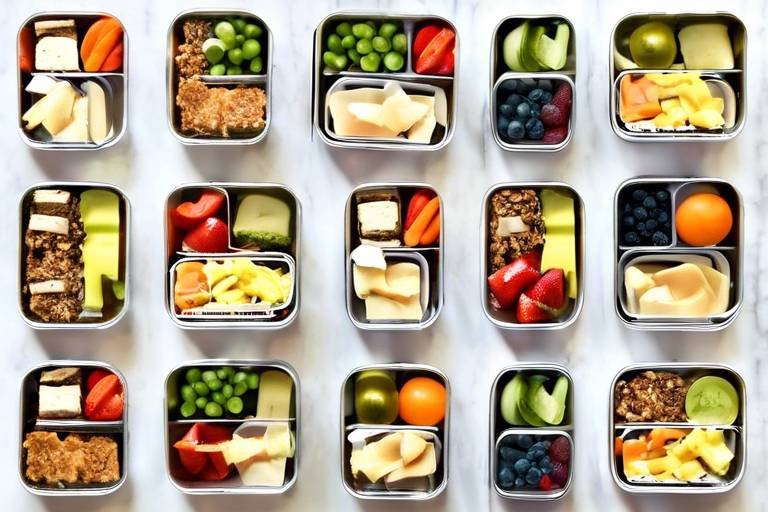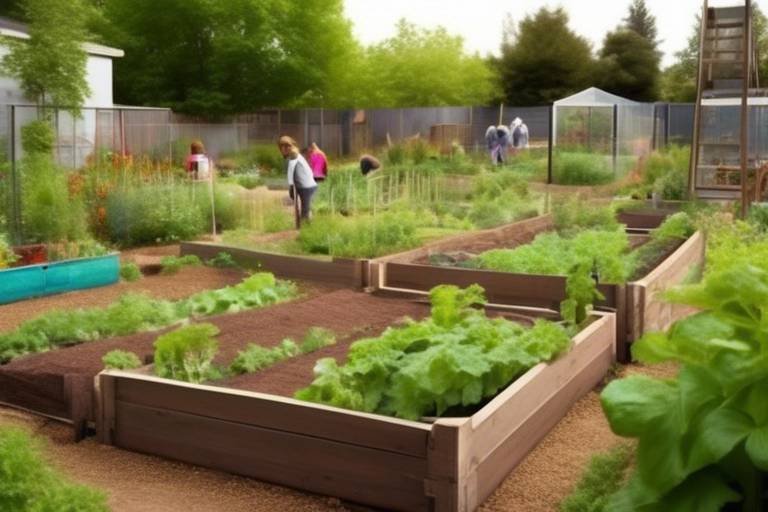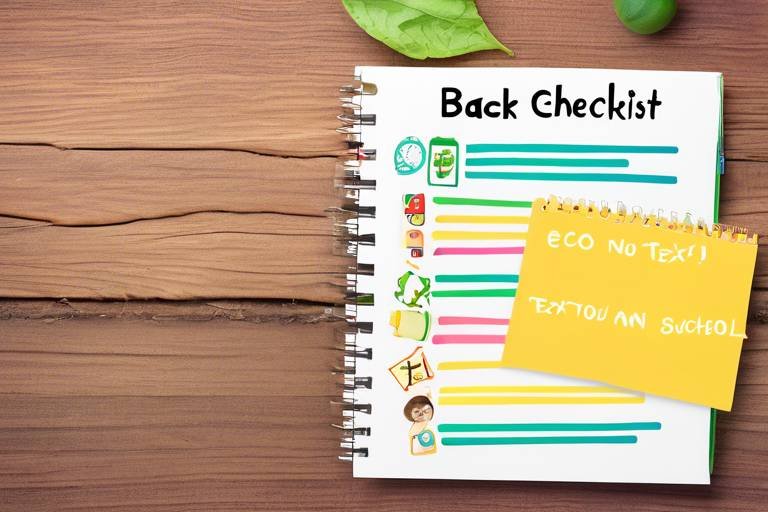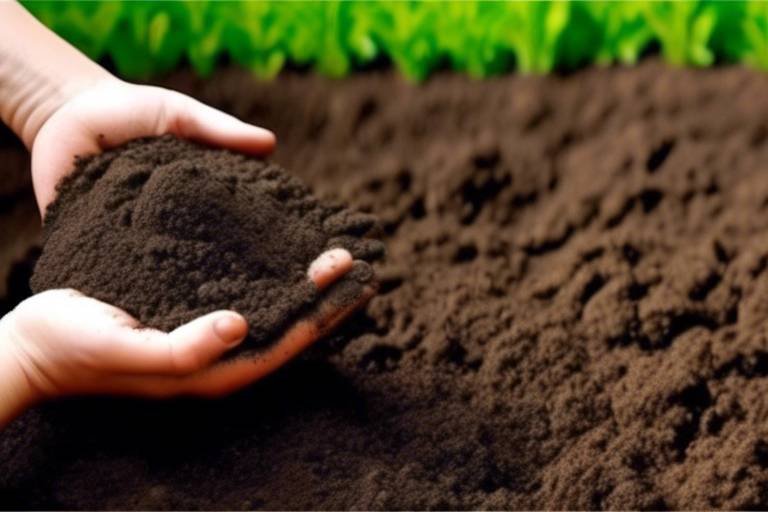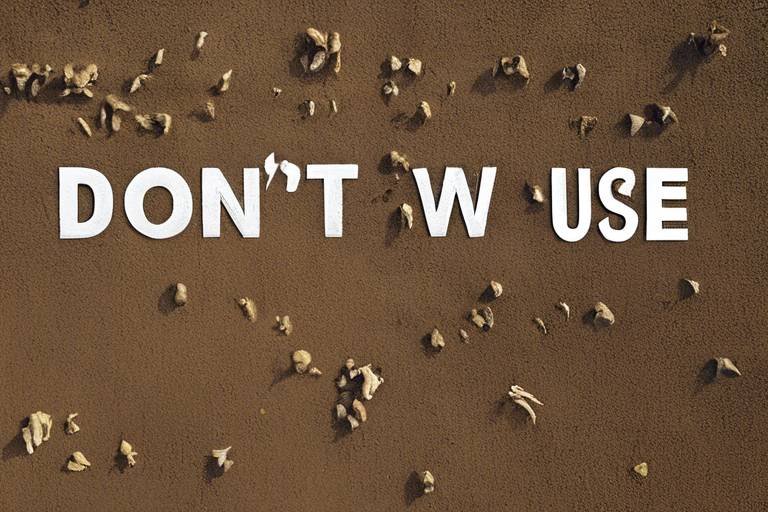Zero-Waste Lunch Ideas for Kids and Adults
Are you looking to make a positive impact on the environment while enjoying delicious and nutritious meals? Zero-waste lunch ideas are the perfect solution for both kids and adults. By reducing waste and promoting sustainable practices, you can not only contribute to a healthier planet but also save money and improve your well-being.
One of the key benefits of zero-waste lunches is the significant impact they have on the environment. By eliminating single-use plastics and packaging, you can reduce your carbon footprint and help combat plastic pollution in oceans and landfills. Additionally, opting for reusable containers and utensils can lead to cost savings in the long run, as you won't need to constantly buy disposable items.
When packing a zero-waste lunch, consider using durable and eco-friendly containers, utensils, and water bottles. Investing in high-quality reusable items not only reduces waste but also ensures that your food stays fresh and safe to consume. By making small changes in your daily lunch routine, you can make a big difference in the fight against plastic waste.
Plant-based meal options are not only nutritious and delicious but also environmentally friendly. By incorporating more fruits, vegetables, grains, and legumes into your lunch, you can reduce your carbon footprint and support sustainable food production. Plant-based meals are versatile and can be easily customized to suit your taste preferences and dietary needs.
Creating DIY snack packs and trail mixes is a fun and creative way to reduce packaging waste in your lunch box. By preparing your own snacks at home, you can control the ingredients and portion sizes, leading to healthier eating habits. Experiment with different combinations of nuts, seeds, dried fruits, and whole grains to create personalized snack packs that satisfy your cravings and keep you energized throughout the day.
Composting food scraps from your lunches is a simple yet effective way to further reduce waste and promote sustainable practices. Instead of throwing away leftover fruits, vegetables, and other organic materials, consider starting a compost bin in your home or community. Composting not only reduces greenhouse gas emissions but also produces nutrient-rich soil that can be used to grow fresh produce.
Meal prep and planning are essential components of a successful zero-waste lunch routine. By dedicating some time each week to prepare and pack your meals in advance, you can save time and avoid the temptation of buying takeout or fast food. Create a meal plan, shop for ingredients in bulk, and use reusable containers to store your prepped meals for easy grab-and-go lunches.
When it comes to wrapping your zero-waste lunches, consider eco-friendly alternatives to traditional plastic wraps. Beeswax wraps, cloth napkins, and reusable sandwich bags are sustainable options that can be used multiple times and are easy to clean. These alternatives not only reduce waste but also add a touch of creativity and style to your packed lunches.
Community programs and school initiatives play a crucial role in promoting zero-waste lunches and fostering a culture of sustainability among children and adults. By participating in local initiatives, such as composting programs or waste reduction campaigns, you can connect with like-minded individuals and contribute to a greener future for the next generation.
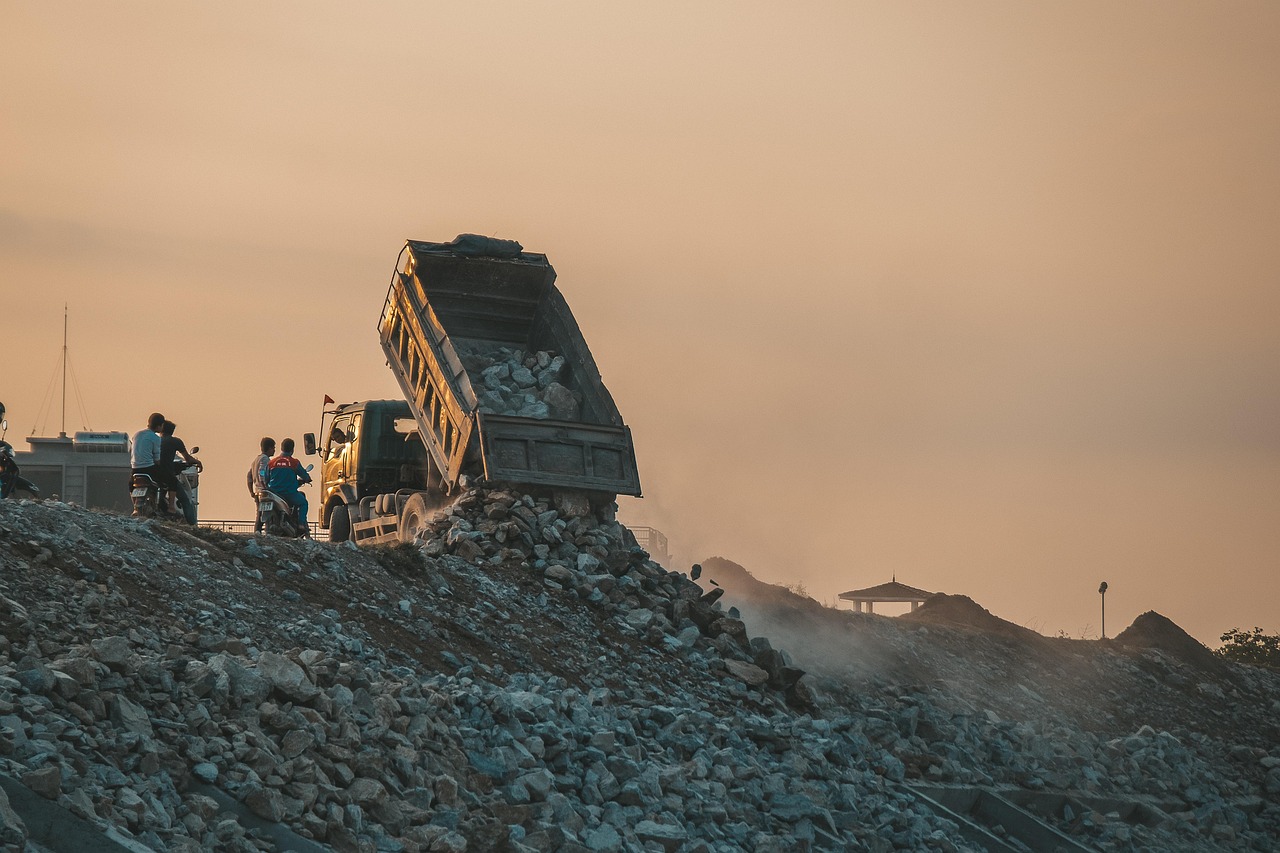
Benefits of Zero-Waste Lunches
Zero-waste lunches offer a multitude of benefits that go beyond just reducing environmental impact. By opting for sustainable lunch options, both children and adults can enjoy cost savings, improved health, and contribute to a greener planet. Imagine the satisfaction of knowing that each meal you pack not only nourishes your body but also minimizes waste and supports a healthier ecosystem.
One of the key advantages of zero-waste lunches is the significant cost savings that come with reducing single-use items. By investing in reusable containers, utensils, and water bottles, individuals can eliminate the need for daily disposable products, ultimately saving money in the long run. Additionally, embracing a zero-waste lunch lifestyle can lead to healthier eating habits, as homemade meals are often fresher, more nutritious, and free from preservatives commonly found in packaged foods.
From an environmental perspective, the impact of zero-waste lunches cannot be understated. By reducing the use of plastic wraps, disposable cutlery, and single-use packaging, individuals can significantly decrease their carbon footprint and contribute to a cleaner environment. Every small step towards zero waste adds up, leading to a collective effort in preserving our planet for future generations.
Moreover, zero-waste lunches promote mindfulness and conscious consumption. By being more thoughtful about the food we eat and the resources we use, we cultivate a deeper connection to the environment and instill values of sustainability in our daily lives. It's about more than just packing a meal; it's a statement of commitment to a healthier, more sustainable lifestyle.
Embracing zero-waste lunches is not just a trend; it's a movement towards a more sustainable future. By making simple yet impactful changes in our daily routines, we can create a ripple effect that resonates far beyond our lunch boxes. So, why not join the journey towards zero waste and experience the numerous benefits it brings to both individuals and the planet as a whole?
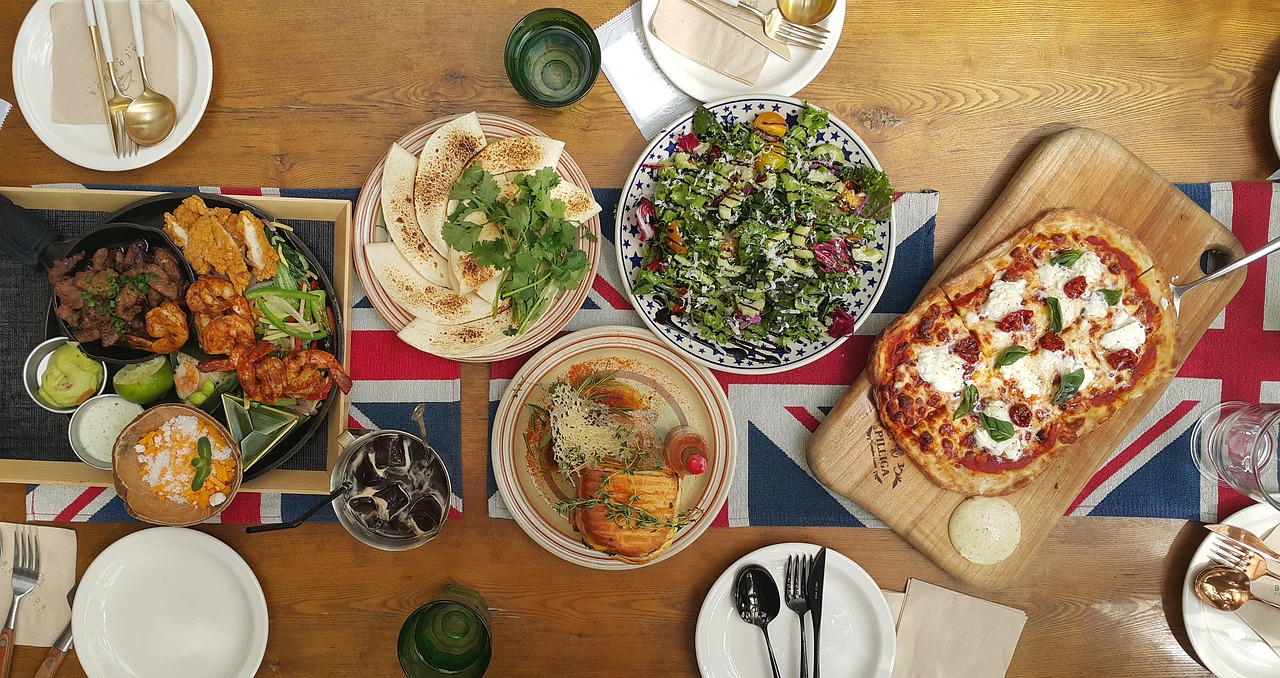
Reusable Containers and Utensils
When it comes to reducing waste in our daily lives, one of the most impactful changes we can make is in how we pack our lunches. By opting for , we can significantly cut down on single-use plastics that end up in landfills and oceans.
Imagine a lunchbox filled with colorful containers made of durable materials that can be used over and over again, eliminating the need for disposable plastic bags and wrappers. These reusable containers not only help the environment but also keep your food fresh and organized.
Pairing these containers with reusable utensils made of stainless steel or bamboo adds another eco-friendly element to your zero-waste lunch routine. Say goodbye to plastic forks and spoons that are used once and thrown away, contributing to the ever-growing plastic pollution crisis.
Investing in a high-quality water bottle that can be refilled throughout the day is another essential step in creating a zero-waste lunch kit. By choosing a durable and reusable water bottle, you not only reduce waste but also save money in the long run by avoiding single-use plastic bottles.
Teaching children and adults the importance of using is a simple yet powerful way to instill sustainable habits that can have a lasting impact on our planet. By making the switch to reusable lunchware, we can all play a part in creating a more sustainable and environmentally conscious future.

Plant-Based Meal Options
When it comes to zero-waste lunch options, incorporating plant-based meal options can be a delicious and eco-friendly choice for both kids and adults. Plant-based meals not only reduce the environmental impact of food production but also offer a wide range of health benefits. By focusing on whole foods like fruits, vegetables, legumes, and grains, plant-based lunches can be nutrient-dense and satisfying.
One popular plant-based meal option is a colorful and hearty Buddha bowl, consisting of a variety of roasted or raw veggies, grains like quinoa or brown rice, and a flavorful dressing. These bowls are not only visually appealing but also packed with essential vitamins, minerals, and fiber. Another creative plant-based lunch idea is veggie wraps filled with hummus, fresh greens, sliced veggies, and herbs, wrapped in a whole-grain tortilla or lettuce leaf.
For a protein-rich plant-based lunch, consider preparing a chickpea salad with diced cucumbers, cherry tomatoes, fresh herbs, and a lemon-tahini dressing. This refreshing and satisfying salad can be enjoyed on its own or paired with whole-grain crackers or a side of fruit. Additionally, homemade vegetable soups or stews made with seasonal produce are excellent options for a warming and nourishing plant-based lunch.
When planning plant-based meals for zero-waste lunches, it's essential to source ingredients locally and in season to reduce carbon footprint and support sustainable agriculture. By incorporating a variety of plant-based meal options into your lunch routine, you can not only contribute to waste reduction but also enjoy a diverse and flavorful culinary experience.

DIY Snack Packs and Trail Mixes
When it comes to creating zero-waste lunches, DIY snack packs and trail mixes play a crucial role in reducing packaging waste and promoting sustainable eating habits. By preparing your own snack packs, you not only have control over the ingredients but also eliminate the need for single-use plastic wrappers and containers.
One creative idea for DIY snack packs is to use reusable silicone bags or small glass containers to portion out nuts, dried fruits, and seeds. These packs are not only eco-friendly but also convenient for on-the-go snacking. Additionally, you can customize the ingredients based on your preferences and dietary restrictions, ensuring a healthy and satisfying snack.
Trail mixes are another fantastic option for zero-waste lunches. You can mix together a variety of nuts, seeds, whole grain cereals, and even dark chocolate chips to create a nutritious and energy-boosting snack. By making your own trail mix, you avoid the excess packaging that often comes with store-bought options, reducing waste and promoting sustainability.
For a fun twist, consider involving your kids in the snack pack and trail mix preparation process. Not only does this activity foster creativity and independence, but it also educates children about the importance of reducing waste and making environmentally conscious food choices.
By incorporating DIY snack packs and trail mixes into your lunch routine, you not only contribute to a greener planet but also enjoy delicious and wholesome snacks that are tailored to your taste preferences. Embracing these zero-waste alternatives can lead to a more sustainable lifestyle and inspire others to follow suit.
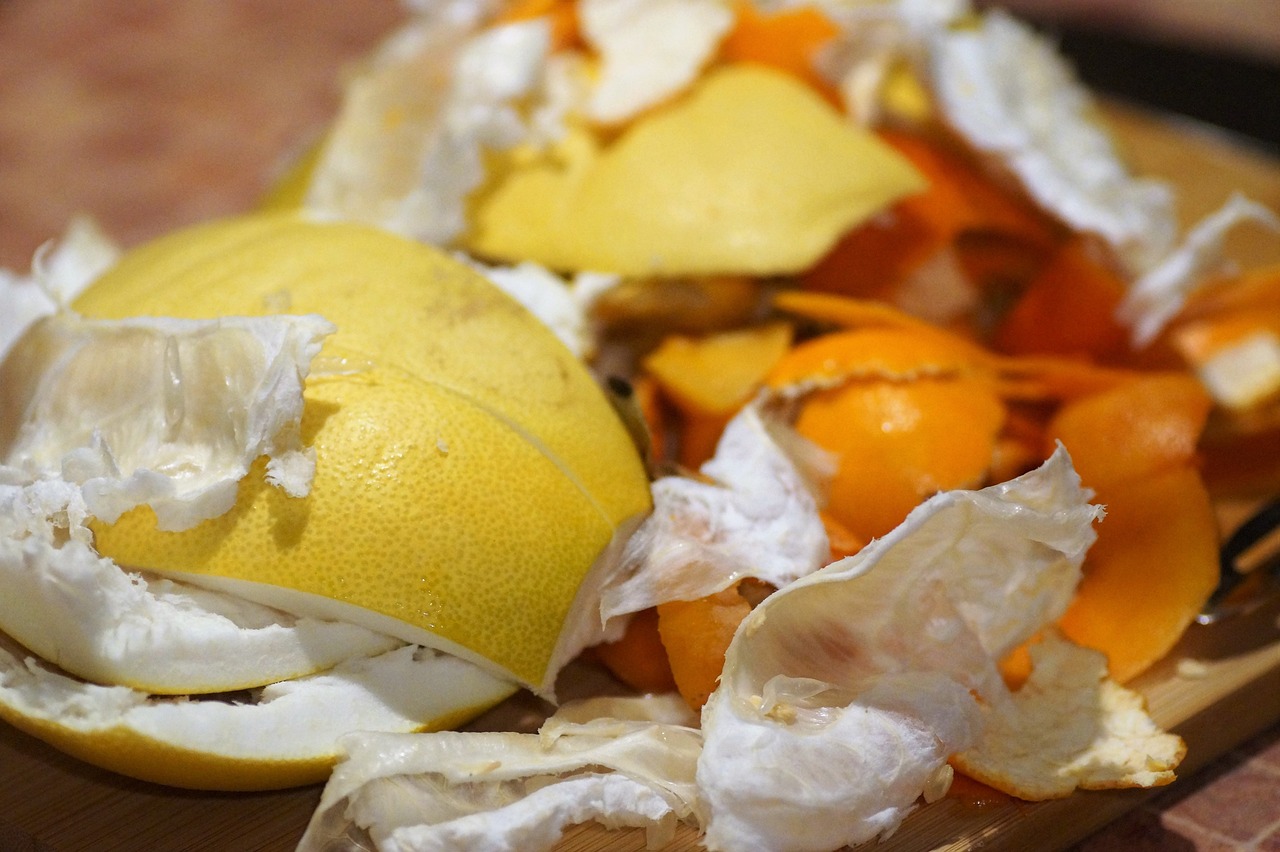
Composting and Food Scraps
Composting and food scraps play a vital role in the journey towards zero-waste lunches. By composting organic waste from meals, individuals can significantly reduce the amount of trash sent to landfills, where it would otherwise contribute to harmful greenhouse gas emissions. Composting is a natural process that transforms food scraps into nutrient-rich soil that can be used to nourish plants and gardens, closing the loop on food waste. It not only minimizes environmental impact but also fosters a deeper connection to the earth and the resources it provides.
When it comes to composting, it's essential to separate food scraps like fruit and vegetable peels, coffee grounds, and eggshells from other waste. These organic materials can be collected in a compost bin or pile, where they will decompose over time with the help of microorganisms. By diverting food scraps from the regular trash stream, individuals can actively participate in reducing methane emissions and promoting a more sustainable approach to waste management.
Moreover, composting at home can be a rewarding experience that allows individuals to witness the transformation of kitchen scraps into valuable soil amendment. It's a simple yet impactful way to contribute to environmental conservation and create a nutrient cycle that benefits both the planet and personal gardening endeavors. By incorporating composting into daily routines, individuals can take a proactive step towards minimizing their ecological footprint and embracing a more sustainable lifestyle.
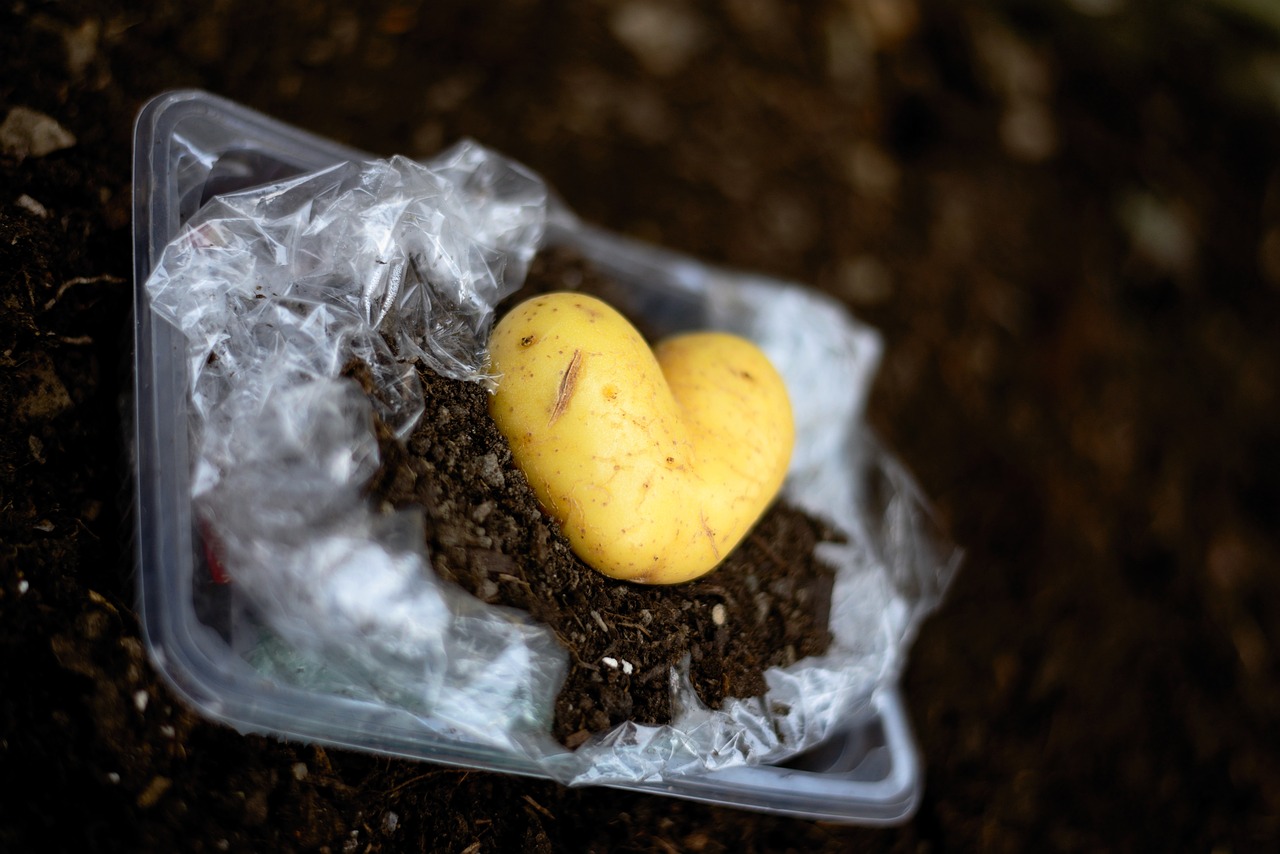
Meal Prep and Planning
When it comes to maintaining a zero-waste lifestyle, meal prep and planning play a crucial role in ensuring that lunches are not only eco-friendly but also convenient for everyday life. By dedicating some time to prepare meals in advance, individuals can significantly reduce food waste and packaging materials, contributing to a more sustainable environment.
One effective strategy for meal prep is to set aside a specific day each week to plan and prepare meals for the upcoming days. This allows individuals to streamline their cooking process, minimize last-minute decisions, and avoid resorting to single-use, packaged convenience foods. By batch-cooking meals and portioning them into reusable containers, lunch packing becomes a breeze, saving time and reducing the need for disposable packaging.
Additionally, incorporating a variety of ingredients into meal prep can help create diverse and nutritious lunches. Planning meals that utilize seasonal produce not only supports local farmers but also reduces the carbon footprint associated with transporting food long distances. By incorporating plant-based proteins, whole grains, and colorful fruits and vegetables, individuals can enjoy delicious and satisfying meals while promoting environmental sustainability.
Furthermore, meal planning can also help individuals make conscious choices about portion sizes, reducing the likelihood of overeating and food waste. By planning meals that align with personal dietary preferences and nutritional needs, individuals can ensure that each meal is satisfying and nourishing, leading to better overall health and well-being.
For those new to meal prep and planning, starting with simple recipes and gradually expanding their repertoire can help build confidence and efficiency in the kitchen. Experimenting with different flavors, cuisines, and cooking techniques can make meal prep an enjoyable and creative experience, inspiring individuals to continue their zero-waste journey.
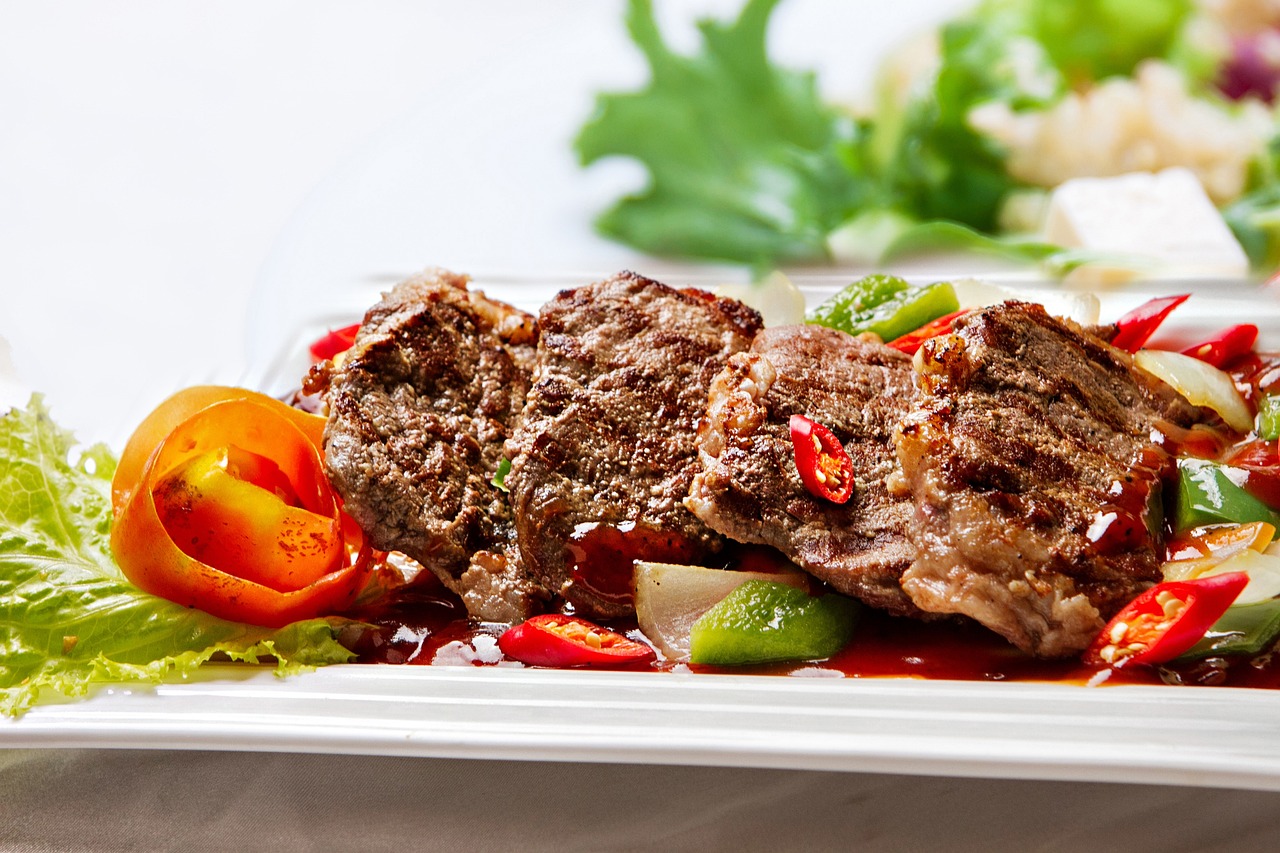
Eco-Friendly Wrapping Alternatives
When it comes to sustainable lunch packing, opting for eco-friendly wrapping alternatives can significantly reduce single-use plastics and contribute to a greener lifestyle. Traditional plastic wraps are not only harmful to the environment but also pose health risks due to potential chemical leaching. By exploring eco-friendly options like beeswax wraps, cloth napkins, and reusable sandwich bags, you can elevate your lunch packing game while minimizing waste.
Beeswax wraps are a reusable and biodegradable alternative to plastic wrap, made from cotton infused with beeswax, tree resin, and jojoba oil. These wraps are versatile and durable, perfect for wrapping sandwiches, fruits, and snacks. They can be easily cleaned with cold water and mild soap, ready to be used again and again.
Cloth napkins not only add a touch of elegance to your lunch but also serve as a sustainable alternative to disposable paper napkins. Investing in reusable cloth napkins reduces paper waste and contributes to a zero-waste lunch approach. They are easy to wash and can be used repeatedly, making them a long-lasting and eco-friendly choice.
When it comes to storing sandwiches, snacks, or cut fruits, reusable sandwich bags are a convenient and eco-conscious option. These durable bags come in various sizes and designs, providing a reliable and reusable solution to plastic ziplock bags. By opting for reusable sandwich bags, you can reduce plastic waste and promote sustainable lunch packing practices.
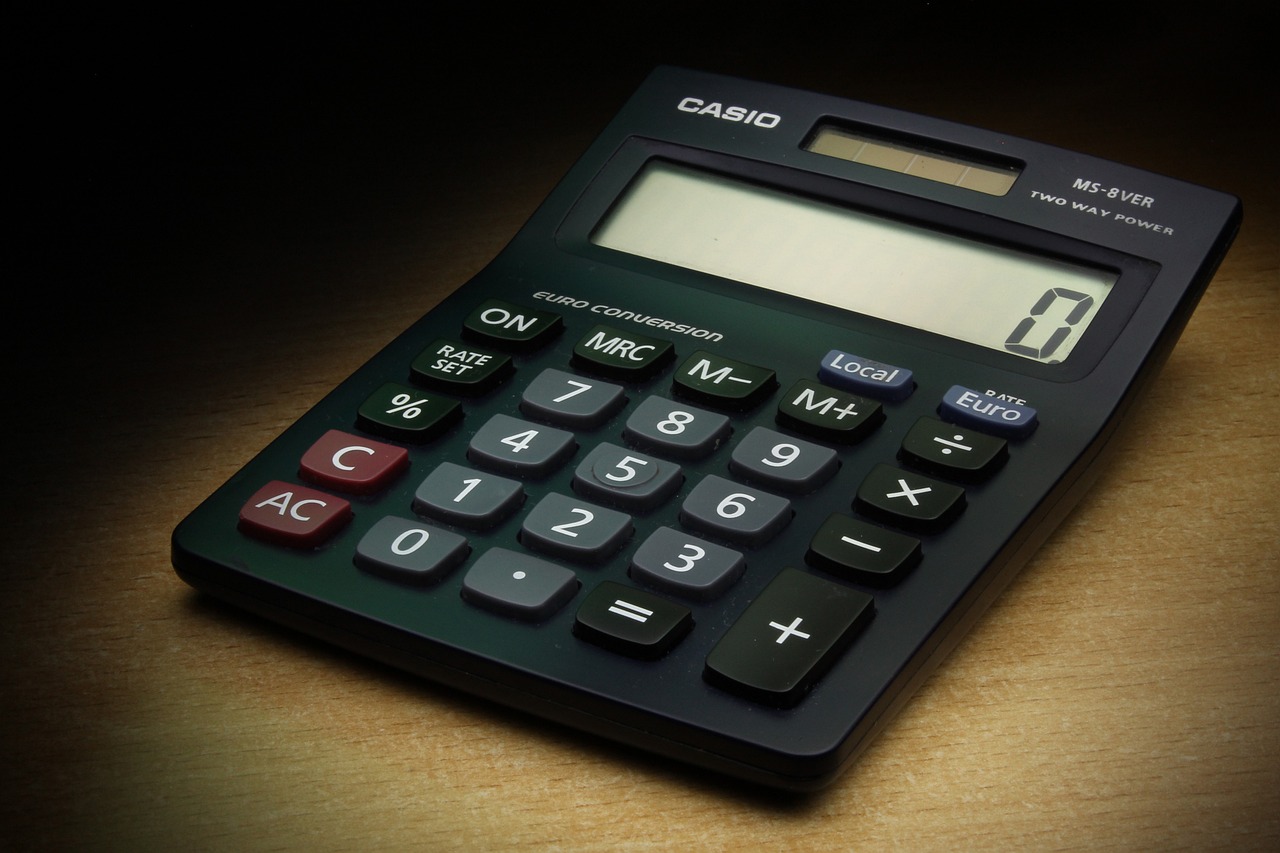
Community and School Initiatives
Community and school initiatives play a vital role in promoting zero-waste lunches and fostering a culture of sustainability among individuals of all ages. These initiatives often involve collaborative efforts between local organizations, schools, and communities to raise awareness and implement eco-friendly practices.
One common initiative is the establishment of community gardens where fresh produce is grown locally, reducing the carbon footprint associated with transporting food long distances. These gardens not only provide nutritious ingredients for zero-waste lunches but also serve as educational spaces for teaching children and adults about sustainable agriculture.
Composting programs are another impactful initiative that many schools and communities have adopted. By composting food scraps from lunches, organic waste is diverted from landfills, reducing methane emissions and enriching soil health. Students often take part in composting initiatives, learning valuable lessons about resource conservation and environmental stewardship.
Schools and communities also organize recycling drives and waste reduction campaigns to encourage proper waste management practices. These initiatives aim to minimize the amount of waste generated in lunchrooms and promote recycling of materials like paper, cardboard, and plastic. By instilling recycling habits early on, children develop a sense of responsibility towards the environment.
Collaborative partnerships between schools, local businesses, and environmental organizations are instrumental in driving sustainable change. These partnerships may involve sponsoring zero-waste events, providing educational resources, or implementing waste reduction policies. By working together, communities can create a more environmentally conscious environment for current and future generations.
Furthermore, educational programs focused on sustainability and environmental conservation are often integrated into school curriculums. These programs teach students about the importance of reducing waste, conserving resources, and protecting the planet. By incorporating these lessons into daily learning, schools instill a sense of environmental responsibility in students from a young age.
Frequently Asked Questions
- What are the benefits of packing zero-waste lunches?
Zero-waste lunches offer various advantages, including reducing environmental impact by minimizing single-use plastics, saving money in the long run by investing in reusable items, and promoting healthier eating habits by choosing fresh, whole foods over processed alternatives.
- How can I transition to using reusable containers and utensils?
Transitioning to reusable containers and utensils is a simple yet impactful step. Start by investing in durable, BPA-free containers and stainless steel utensils. Make it a habit to wash and reuse these items daily, reducing reliance on disposable plastics and contributing to a sustainable lifestyle.
- What plant-based meal options are suitable for zero-waste lunches?
Plant-based meal options for zero-waste lunches can include salads, wraps, sandwiches, and grain bowls filled with colorful vegetables, legumes, whole grains, and plant-based proteins like tofu or tempeh. These options not only reduce waste but also support a healthy and environmentally conscious diet.
- How can I effectively compost food scraps from my zero-waste lunches?
Composting food scraps from your zero-waste lunches is a great way to further reduce waste. Consider setting up a compost bin in your backyard or look for local composting facilities. Separate organic waste like fruit peels, vegetable scraps, and coffee grounds, and turn them into nutrient-rich compost to enrich your garden or community green spaces.
- What are some eco-friendly wrapping alternatives for sustainable lunch packing?
For eco-friendly wrapping alternatives, consider using beeswax wraps, silicone food bags, cloth napkins, or stainless steel containers instead of plastic wraps or foil. These options are reusable, washable, and help eliminate single-use packaging waste from your daily lunches.

